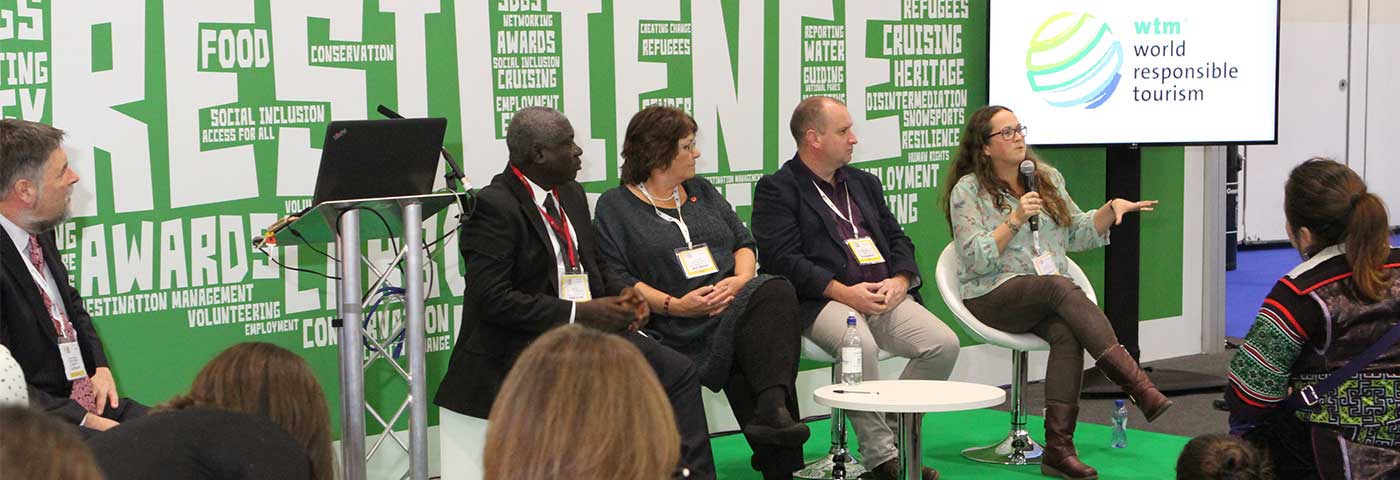2016 has not been a year that many people will look back on that fondly. But as we begin to look forward to 2017, I’d suggest there are some less talked about positives that we should look to build on as we prepare for the spotlight for next year to fall on our industry like never before. 2017, after all, is the UN’s International Year of Sustainable Tourism for Development.
When discussing our industry’s potential role in sustainable development, people often cite how the industry is specifically mentioned in Goals, 8, 12 and 14. Goal 8 looks to ‘Promote sustained, inclusive and sustainable economic growth, full and productive employment and decent work for all’. With tourism accounting for 1 in 11 jobs worldwide the potential is obvious, with the SDGs looking to “By 2030, devise and implement policies to promote sustainable tourism that creates jobs and promotes local culture and products”. Goal 12 is ‘Ensure sustainable Consumption and Production patterns’, which emphasises the importance of the industry developing “tools to monitor sustainable development impacts for sustainable tourism which creates jobs, promotes local culture and products”. Goal 14 looks to ‘Conserve and sustainably use the oceans, seas and marine resources for sustainable development’, envisioning a role for tourism whereby “by 2030 increase the economic benefits of SIDS and LCDs from the sustainable use of marine resources, including through sustainable management of fisheries, aquaculture and tourism”.
These all make sense, and I could make further arguments for tourism delivering on the other 13 goals as well. However in particular – and all the more so as we say farewell to 2016 – I think that the goal to focus on in 2017 is number 17. This goal concerns ‘Partnerships for the Goals’. It seeks to strengthen the means of implementation and revitalize the global partnership for sustainable development.
Like few other industries, tourism is built upon partnerships. Whether it is its extremely complex supply chains, the relationships between hosts and guests, or the networks of communities and suppliers and visitors and providers who make up the experiences that are the bedrock of the industry. If the industry is to deliver on the many goals in which it can play a role, it will do this through looking beyond competitive advantage and working together – with its suppliers and communities, but also with those who it normally views only as competitors.
I don’t think this is beyond us. And I say this not in a spirit of blind optimism, but because recently there have been signs of just such partnerships emerging. There’s the recent news of Airbnb launching a partnership with SEWA – a rural Indian women’s association designed to help women develop sustainable tourism initiatives and connect them to its global network. There is South Africa-based Fair Trade Tourism partnering with Ecotourism Kenya to recognise Ecotourism Kenya’s Gold eco-certified camps, lodges and hotels, all of which can now be incorporated by approved tour operators into Fair Trade Holidays. And last week at COP22, African Tourism Ministers adopted the African Charter on Sustainable and Responsible Tourism providing the continent with a common framework to promote sustainability and responsibility.
It’s partnerships like these – whether connecting countries, bridging technology gaps or simplifying messages for consumers – that will enable the industry to use the opportunity that 2017 offers. I hope it embraces them.


